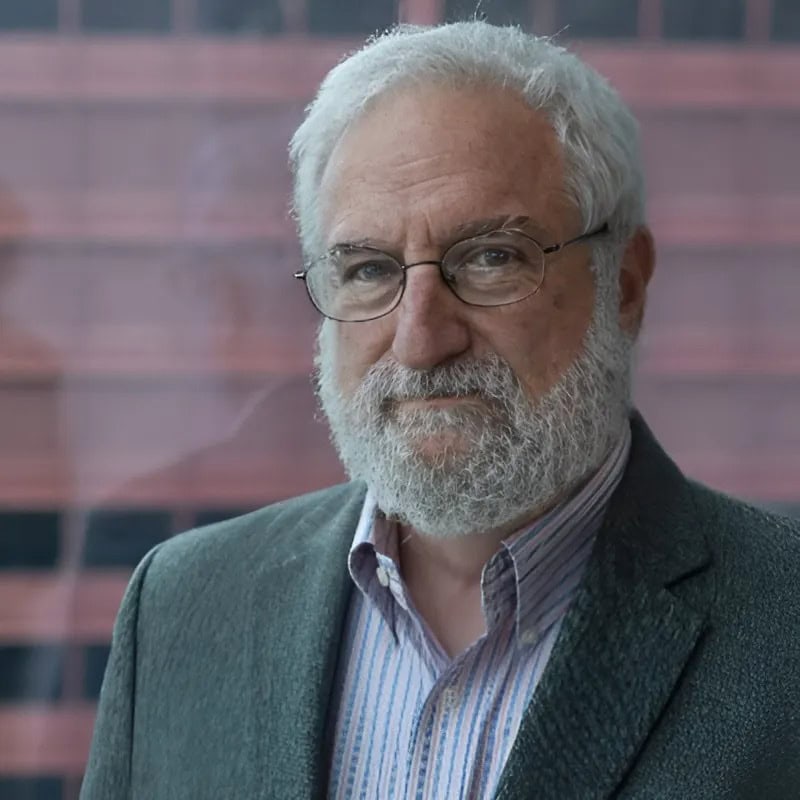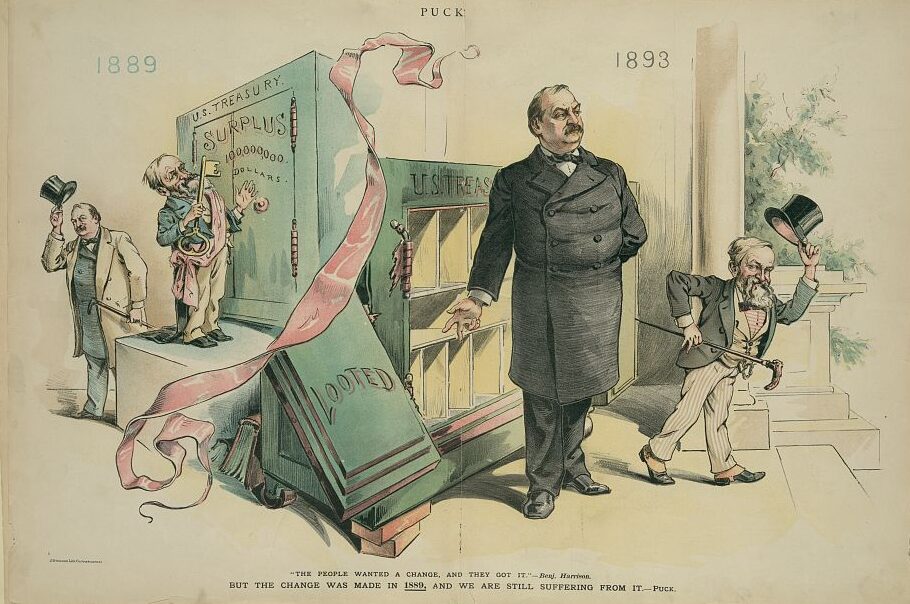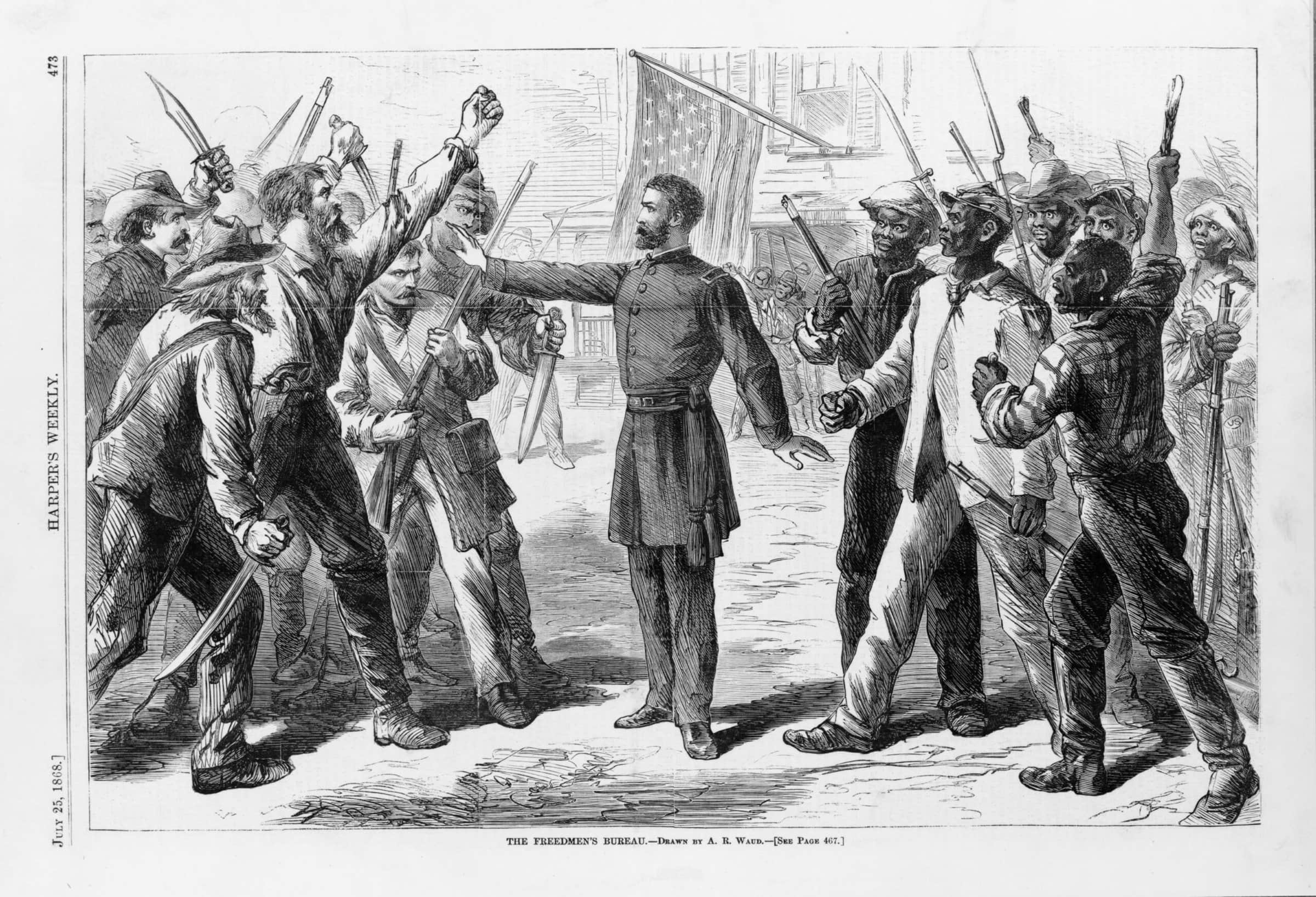As a community of historians the AHA believes that public discourse on any topic benefits from historical context and historical thinking. In that vein we have asked a group of historians to comment on last night’s presidential debate as historians. We leave the punditry to the pundits; the partisanship to the politicians. Our role is to offer the benefit of historical thinking and historical context.
After listening to the first half hour of the debate, I began to wonder whether this forum might be more effective on the web site of the American Mathematical Society. But the end, however, it did indeed become clear that from the principles of nation’s founding documents to the use of evidence, and the ways in which we construct historical narratives of the recent past, the debate was indeed rooted in context. As Gwen Ifill observed afterwards, “They spent an awful lot of time talking about the past.”
The Respondents
“It’s hard to imagine how a presidential debate could be worse than this. Feeble Jim Lehrer was hopeless at controlling the candidates, while they seemed powerless to prevent themselves from boring and annoying the audience. Dreary citation of statistics and dollar figures, icy denials behind frozen smiles, and petty point scoring made the two of them shrink in stature and significance over the long ninety minutes. The only thing they didn’t do was descend to personal mudslinging.”
Read more…
—Patrick Allitt, Cahoon Family Professor of American History, Emory University
“For this historian the meat was not in the disagreement over the numbers, but in the clarity of the clash of political philosophies that inspired the jabbing and counter-punching. The debate opened a window wide on one of the fundamental divides in our national political discourse: the proper role of the federal government in the lives of Americans.”
Read more…
—Alan Kraut, University Professor of History, American University
“In this particular debate there was little reference to history, either American or global. One could not tell from the debate, for example, that economic inequality is higher in this country than in other industrialized countries, or that inequality has soared since the 1970s.”
Read more…
—Peter Lindert, Distinguished Research Professor of Economics, University of California – Davis
“One of the most striking aspects of the first 2012 presidential debate is how little President Obama’s racial identity mattered. Neither in his own narrative of who he is as a candidate nor in his policy prescriptions did we hear any echoes of his ‘unlikely story’ to become the nation’s first black president. Was this because the subject of the debate was the economy and not social issues? Or because he is a known quantity and can run on his record? Or is it because his presidency has achieved something no Democratic president has since before FDR’s second term?”
Read more…
—Khalil Gibran Muhammad, Director, Schomburg Center for Research in Black Culture
“But more than anything I think both candidates are displaying—and preparing their constituents for—a diminished sense of historical expectation for what policy and politics can accomplish, at the very moment when, as President Obama acknowledged by invoking Abraham Lincoln, purposeful, collective public action is what we need most.”
Read more…
—Alice O’Connor, Professor of History, University of California-Santa Barbara
“If the exclusive focus on the economy is one measure of our collective priorities, the structure of the subtopics of the debate also tells a significant tale. The first presidential debate revealed that a funny thing happened on the way to the welfare state. Health care was disentangled from poverty policy.”
Read more…
—Amanda I. Seligman, Associate Professor of History and Urban Studies, the University of Wisconsin-Milwaukee
This post first appeared on AHA Today.



